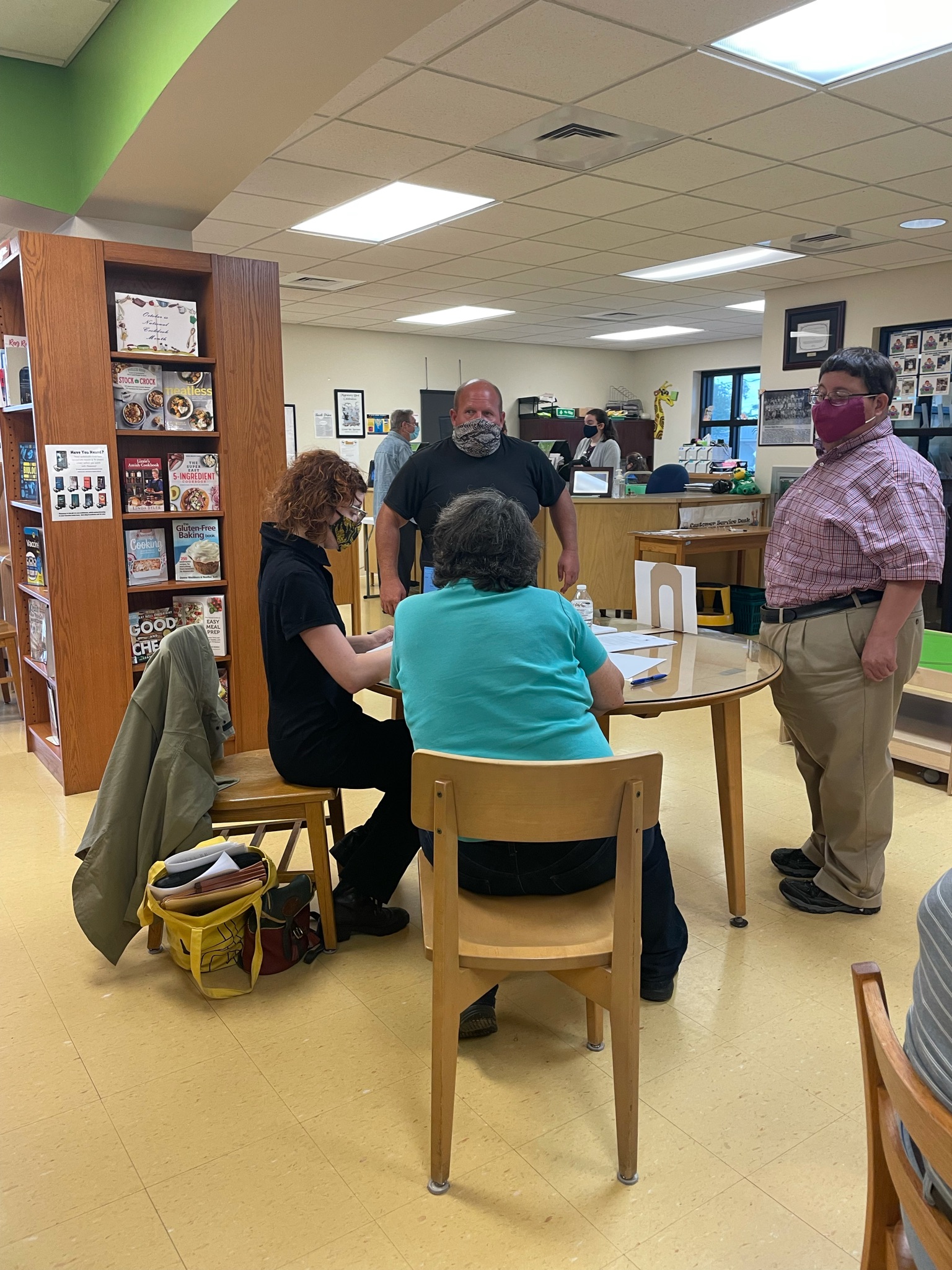Succession planning as disaster recovery and preparedness

One of the most significant barriers homeowners face when rebuilding after a disaster is generational housing – i.e., generations of family members have passed a home down without involving the legal system, making it difficult for the head of household to prove they own their home. Without a title confirming they own their home, they are locked out of receiving disaster assistance from FEMA, HUD grants or nonprofit organizations that run rebuilding programs.
Homeowners may not have been able to purchase insurance for the same reason. In many of the U.S.’s most marginalized communities, this tradition of informally passing down assets like homes is not uncommon. It is culturally appropriate, but it creates significant obstacles after a home has been damaged by a disaster.
With support from a CDP Atlantic Hurricane Season Recovery Fund grant, Emergency Legal Responders (ELR) in New Orleans, La., has helped hundreds of Hurricane Ida survivors in the Greater New Orleans and Houma areas of Southeast Louisiana navigate the complexities of title clearance through their free legal clinics. Many emerged from working ELR with access to rebuilding assistance.
ELR was formed after the 2017 closure of Louisiana’s statewide disaster legal assistance organization. Their purpose is to deliver accessible legal information and services with an approach anchored in bridging the gap between individuals impacted by disasters and the intricate legal system.
ELR’s services and educational materials, authored by attorney and Executive Director Amelia Hoppe, empower disaster survivors with “Disaster Rights” knowledge, equipping them to navigate challenges and fight for the reconstruction of their lives and communities.
Louisiana’s civil law framework, which includes community property and forced heirship laws, sets it apart from common law systems in other states, complicating title clearance further. These differences hold significance for property ownership, inheritance and asset allocation post-disaster. For example, Louisiana’s forced heirship laws allocate a portion of an estate to specific family members, impacting property distribution when there is no will or formal succession in place that might supersede any de facto ownership and asset allocation. ELR’s Louisiana-specific expertise allows them to navigate these complexities with their clients, offering tailored assistance that addresses survivors’ challenges and recognizes relief avenues within Louisiana’s unique legal structure.
Hoppe says they often encounter survivors who live in this type of generational housing structure. For instance, one New Orleans family referred to ELR, headed by “Sarah,” had been living in the same multi-generational home for decades, and neither Sarah nor anyone else in her family possessed any ownership documentation. By providing legal guidance and advocating for their rights, ELR helped them clarify ownership, giving Sarah and her household access to post-disaster resources for home rebuilding.
ELR assisted 180 homeowners with title clearance through their legal clinics, which were attended by about 720 individuals with varying legal assistance needs. Of those ELR assisted with title issues, 120 successfully obtained clear titles and then accessed rebuilding resources through successful FEMA appeals for home repair assistance funds, acceptance into nonprofit-run rehabilitation and repair programs, and approval for rebuilding services or reimbursements through a Community Development Block Grant for disaster recovery.
Part of CDP’s grant to ELR included programming around legal preparedness for the next disaster. Through community resource workshops and social media messaging, ELR promoted the idea that succession planning is crucial to disaster preparedness to more than 50,000 people.
“Promoting succession planning pre-disaster is paramount, and our initiatives have yielded encouraging results. Community workshops and awareness campaigns underscored estate planning’s significance. Families responded positively as they recognized the practicality of proactive planning. We’ve learned that relatable stories and scenarios resonate. Illustrating the real-world impact of lacking an estate plan motivates families to take action before a crisis emerges.” – Amelia Hoppe, Executive Director, Emergency Legal Responders
CDP is proud to partner with ELR to promote equitable recovery in a challenging legal landscape for the most marginalized disaster survivors. We are equally proud to have provided flexible funding for ELR to use to promote and assist with preparedness by creating messaging around the importance of estate planning and will preparation ahead of any future disasters that might impact a homeowner’s family.